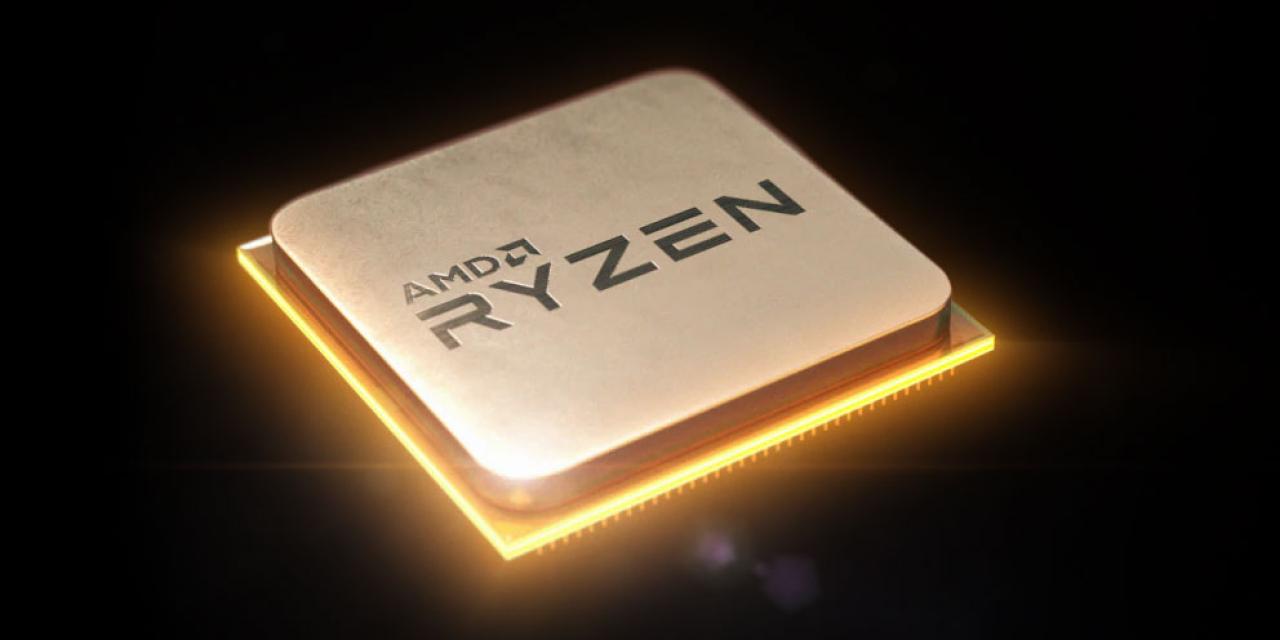
For PC gamers and hardware enthusiasts, upgrading can be an exciting time. New hardware means new levels of performance, maybe a quieter system overall with better temperatures. Maybe you'll do some extra overclocking or update your case for a brand new look. There's lots to be hyped for and often the temptation is to buy right now(!) once you've made the decision to do so.
But as with any time in the PC hardware industry. If you wait just a little bit longer, there might be something better on the horizon.
So as 2018 starts to draw to a close, is now a great time to buy, or should you wait a little longer? Here's some things to consider.
The new stuff right now
All the big names in PC hardware have new products either available right now, or will be available in the very near future, so ordering or pre-ordering right now isn't a bad plan. You have the new RTX 2070, 2080, and 2080 Ti GPUs from Nvidia to consider if you want top-tier graphics performance with support for new features like RTX-powered ray tracing and DLSS. AMD is also said to be planning an RX 590 GPU in the coming weeks, which could offer performance better than a GTX 1060 6GB for a comparable price.
In the CPU space there are new Ryzen 2000-series CPUs and Threadripper chips if you're willing to spend for extra cores. Intel has new 9000-series K and X chips to consider too if you want the best gaming chips in the world and don't mind paying a premium.
Black Friday
But hold your horses. All of that above hardware is excellent, but it's quite likely that it will be going cheaper than it is now in just a few weeks time. Why? Because of Black Friday and Cyber Monday at the end of November, two of the year's best sales periods. While the newest of the new harwdare probably won't see big discounts, if you're building a new system entirely and want RAM, a case, storage drives, a motherboard, and other powerful components, the whole build will be a lot cheaper if bought on Black Friday than it will be if you buy it today.
Better yet, that sale gives you a few more weeks to save and prepare for what you actually want, rather than impulse buying what's new and shiny.
Zen 2 (Ryzen 3000)
If you're happy to wait a little longer, 2019 could bring about a true renaissance era in CPUs. AMD made big waves with its Zen and Zen+ Ryzen CPUs, bringing the instructions per clock (IPC) performance gap between it and Intel closer than it's been in a decade, as well as extra cores and high clocks. They're amazing chips, but the Zen 2 CPUs planned for 2019 are expected to be far more capable.
Early rumors suggest an increase in the chips' IPC of as much as 15 percent, which if true, would make Ryzen 3000 CPUs not only faster than Intel chips in multithreaded tasks, but potentially better at limited-thread gaming scenarios too. With clock speeds expected to be boosted by a few hundred megahertz again thanks to the shrink to the 7nm die size and a potential bump to as many as 16 cores for the top chip, the Zen 2 range of CPUs could be the most powerful we've ever seen in the consumer space by quite some margin.
Cannon Lake
If you're an Intel fan through and through though, 2019 also holds excitement for you. Intel's long delayed Cannon Lake architecture is expected to make its appearance towards the end of the year if fabrication problems can be sorted. The true 10nm CPUs could be amazingly powerful and efficient in their own right, rivalling, or perhaps even exceeding Ryzen 3000 CPUs.
There's no guarantee of when they'll be released, nor much is known about their performance, but we would expect a much larger leap than we've seen in previous generational changes with Intel CPUs.
Navi
As much as AMD has impressed with its CPUs in recent years, graphically it's not been as exciting. Vega was a bit of a bust and an RX 590 is nice, but it's not much after two years of RX 580 performance. Navi, however, promises to be more. A true successor to the RX 500 range of GPUs, Navi is expected to offer Vega-like performance, but at a mid-range price point.
Imagine a GTX 1080-like GPU but priced at just $200. It's not going to top the RTX-series cards Nvidia has put out, but that kind of performance and price would be amazingly competitive and could easily become the most popular mid-range GPU in the year that followed.
A second-generation of high-performance Navi cards are expected sometime in 2020 too, so if you don't mind waiting that long, we could see a real competitor for Nvidia's top-end again.
